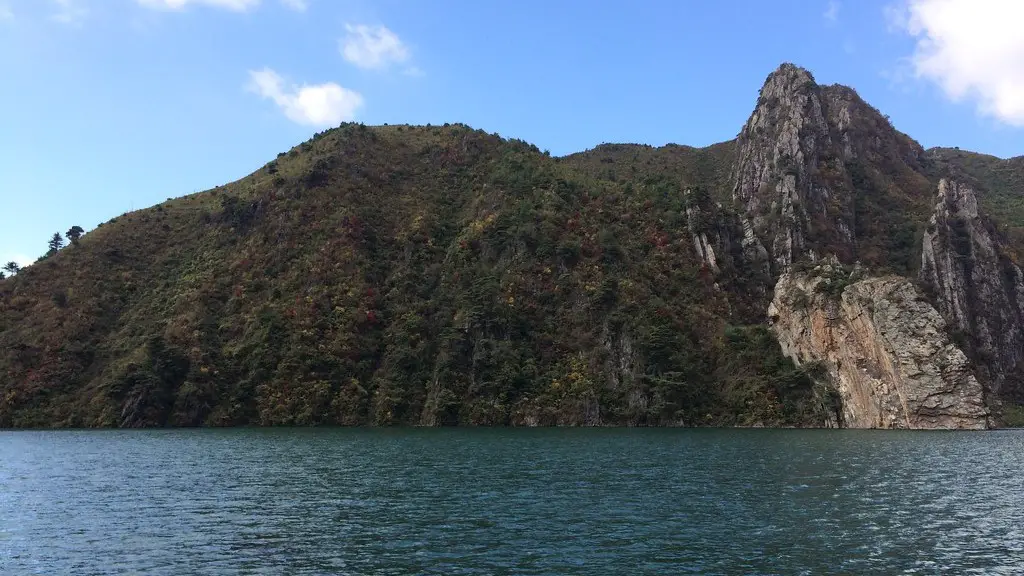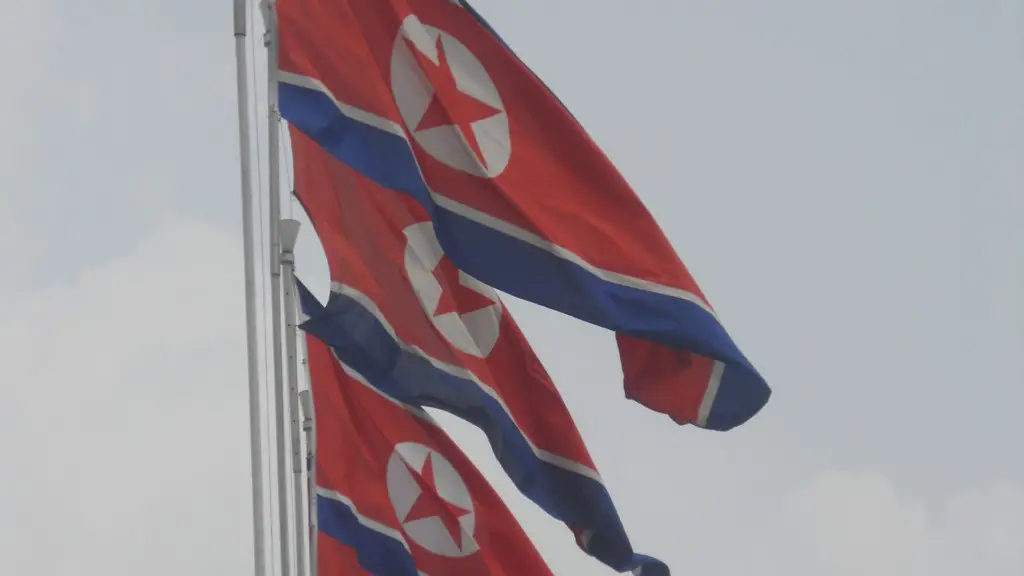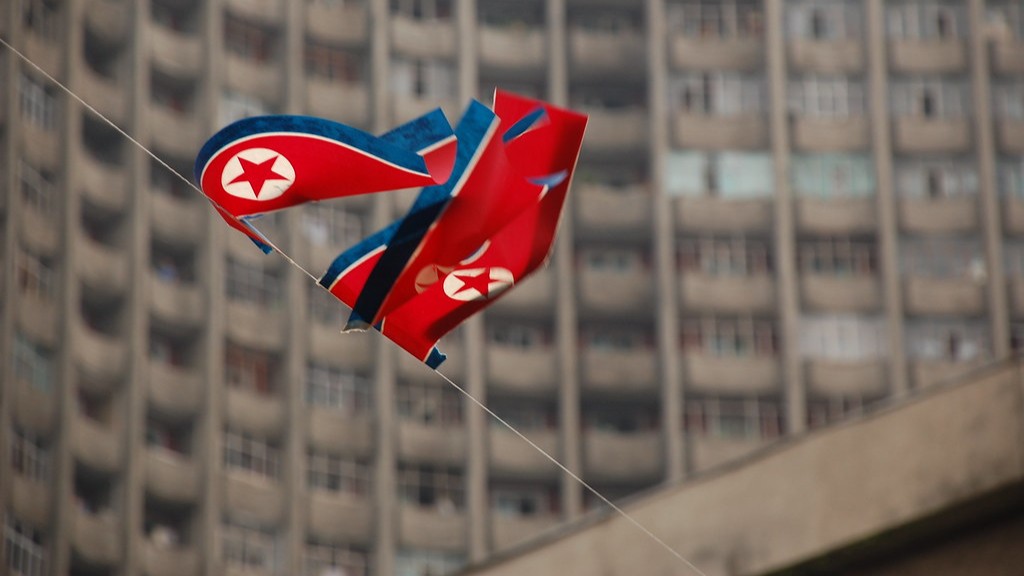North Koreans’ Access to the Internet and Other Websites
The internet is a powerful tool. It has allowed people around the world to stay connected and access information like never before. But what about North Korea? What websites can North Koreans actually access?
North Korea is one of the most isolated countries in the world, and its citizens are heavily censored when it comes to access to the internet and other websites. The North Korean government heavily restricts access to foreign websites and most North Koreans have no access to the full internet.
However, North Korea does have its own national intranet which is called Kwangmyong. Kwangmyong is a closed nationwide intranet system that is available to all North Koreans. The intranet provides access to a limited range of information, such as resources for research and leisure activities.
Kwangmyong not only allows users to read the state-run media but also provides access to some foreign news sites and international mobile apps. Users can even access limited social media sites such as Twitter, Facebook, and YouTube. However, these sites are heavily censored, and users are restricted in what they can access and what they can post.
The North Korean government has also launched a nationwide Wi-Fi network. This network is mainly used by tourists and foreign businessmen, who have full access to the internet. But for most North Koreans, the only websites they can access are the ones approved by the government.
The Serious Consequences of Accessing Unapproved Websites
North Koreans who access unapproved websites risk serious consequences. According to a North Korean defector, anyone found accessing banned websites can be immediately sent to a prison camp.
One of the most common punishments for people who access unapproved websites is to be sent to a re-education camp. These camps are prisons where people are forced to do hard labor in harsh conditions without access to basic amenities.
The punishment for accessing unapproved websites can even extend to the families of those caught. In some cases, the families may be sent to a prison camp as well. It is even possible that the family could be sent to the same prison camp as the person who accessed the forbidden websites.
The Censorship Problem in North Korea
North Korea has some of the most extreme censorship laws in the world. The government tightly controls the media and access to information.
This censorship is so extreme that North Koreans are often unaware of what is happening around the world and may also be unaware of basic facts. For example, North Koreans may not know that Kim Jong-un’s father, Kim Jong-il, died in 2011.
The North Korean government also heavily censors and restricts foreign investment. North Korean businesses are largely limited to what they can import and export. This seriously hampers the country’s development, as there are limited opportunities for North Korean businesses to learn, innovate, or expand their operations.
The Impact of Censorship on North Koreans
Censorship has a dramatic impact on the lives of North Koreans. Without access to the internet, North Koreans are prevented from accessing valuable resources that could help improve their lives.
For example, North Koreans are unable to access online education resources or online tools to help them find employment or start a business. This greatly limits the opportunities available to North Koreans, and can have a serious impact on their economic prospects.
North Korean citizens are also unable to access health information, news, and resources that could help protect their health and safety. This can be particularly dangerous in light of the ongoing COVID-19 pandemic. Without access to accurate information about the virus, North Koreans are at greater risk of infection.
Efforts to Increase Access to the Internet in North Korea
Despite the strict censorship laws, there are some efforts underway to increase access to the internet in North Korea.
The Human Rights Foundation, for example, is working to introduce a peer-to-peer network into North Korea. This network would allow North Koreans to access the internet without having to go through government-controlled servers. This would enable North Koreans to access a greater range of information than they currently have.
NGOs such as Freedom House are also working to increase access to the internet in North Korea. They are providing North Koreans with the tools and training they need to access and use the internet safely and securely.
North Koreans’ Ability to Circumvent Government Censorship
Despite the government’s strict censorship laws, North Koreans are still able to access some foreign websites, albeit in a limited capacity.
Many North Koreans have managed to find ways to bypass the government’s censorship. One way is by using illegal mobile devices that are hidden from the government’s view. These devices are used to access foreign websites such as news outlets, social media platforms, and even picture-sharing sites.
Some North Koreans also use illegal third-party software and VPNs. These can be used to access websites that are blocked by the government. However, using these tools is risky and can result in serious punishments if the government finds out.
North Korean Efforts to Modernize its Internet Infrastructure
In recent years, North Korea has made some efforts to modernize its internet infrastructure. The North Korean government has invested heavily in its mobile phone networks, with mobile phones becoming increasingly commonplace in urban areas.
The government has also invested in broadband networks and is said to have launched its own domestic version of the internet. This network is designed to provide access to domestic websites and services, while blocking access to foreign websites.
The North Korean government is also in the process of building powerful fiber optic networks throughout the country. These networks are designed to provide North Koreans with faster internet speeds and better connectivity.
Conclusion
The access to the internet and other websites is highly restricted in North Korea. Most North Koreans only have access to the government-controlled intranet, Kwangmyong. Accessing foreign websites is strictly forbidden, and those caught can face severe punishments.
However, there are some efforts underway to increase access to the internet in North Korea. Organizations such as the Human Rights Foundation are working to introduce a peer-to-peer network into the country, while Freedom House is providing North Koreans with the tools and training needed to access and use the internet safely and securely. The North Korean government is also investing in its internet infrastructure, building powerful fiber optic networks, and launching its own domestic version of the internet.
The hope is that with greater access to the internet and other websites, North Koreans will be able to access a greater range of information, resources and opportunities, helping them to live fuller, better lives.


